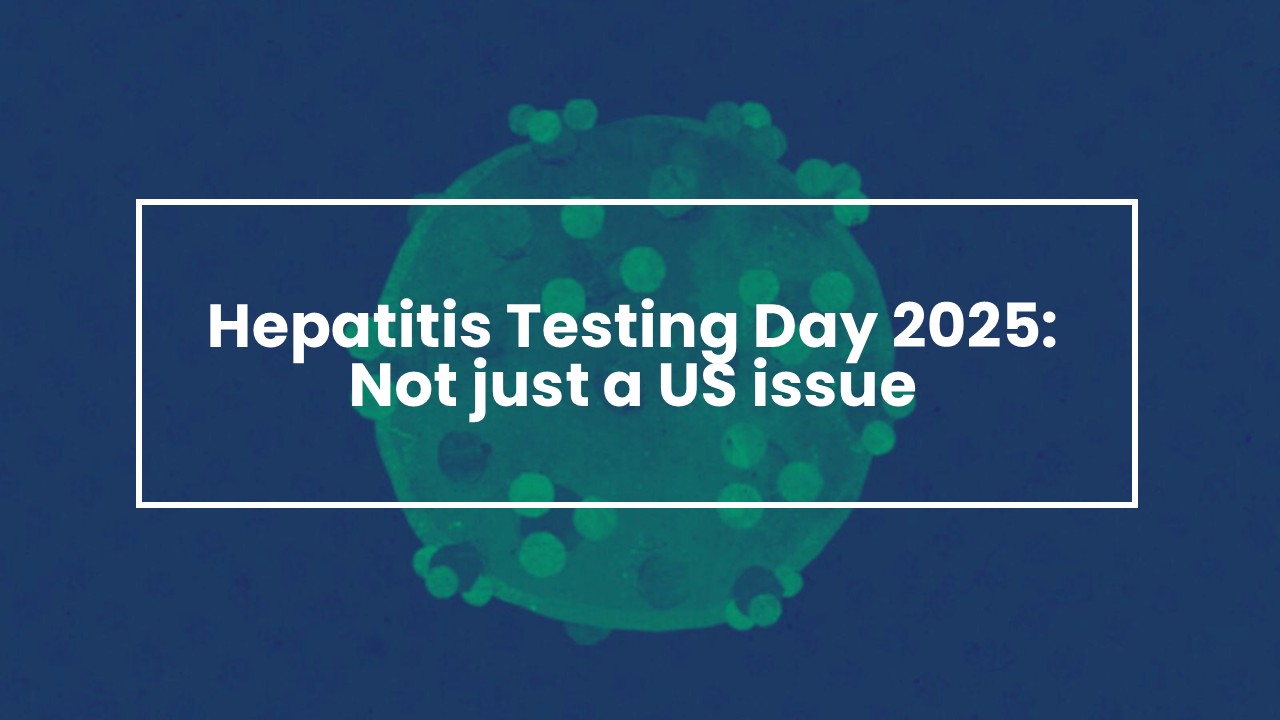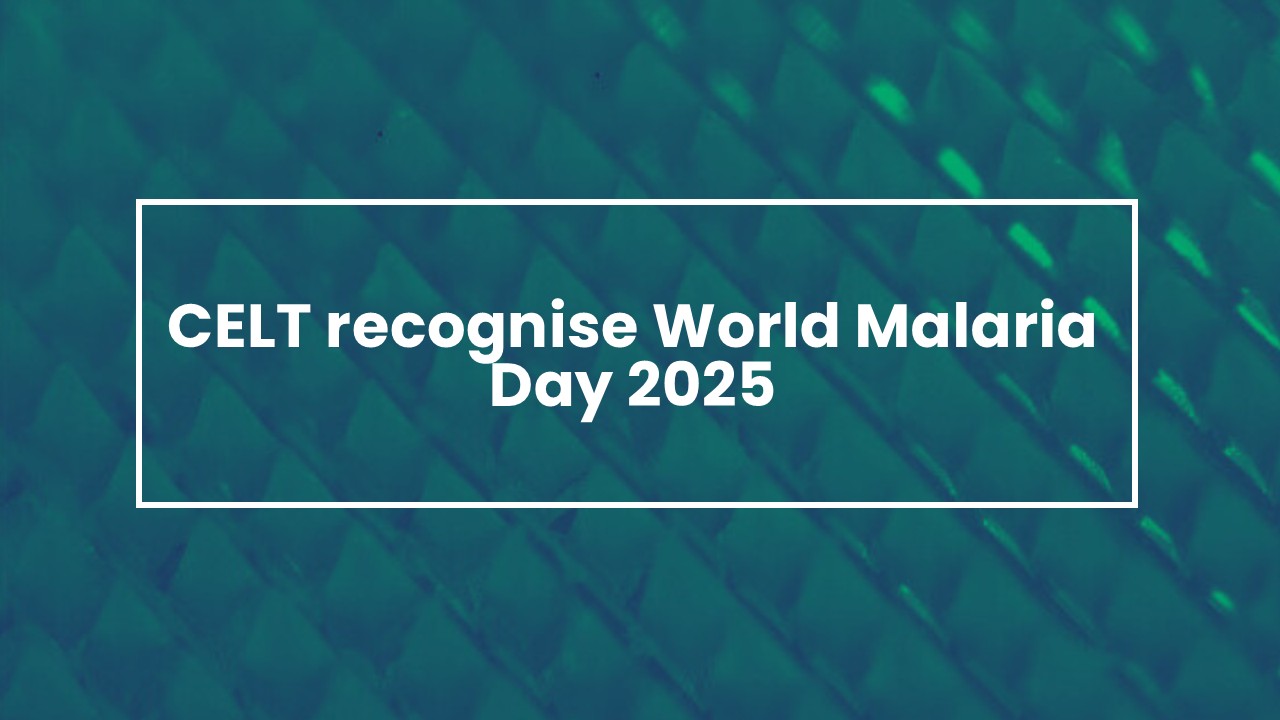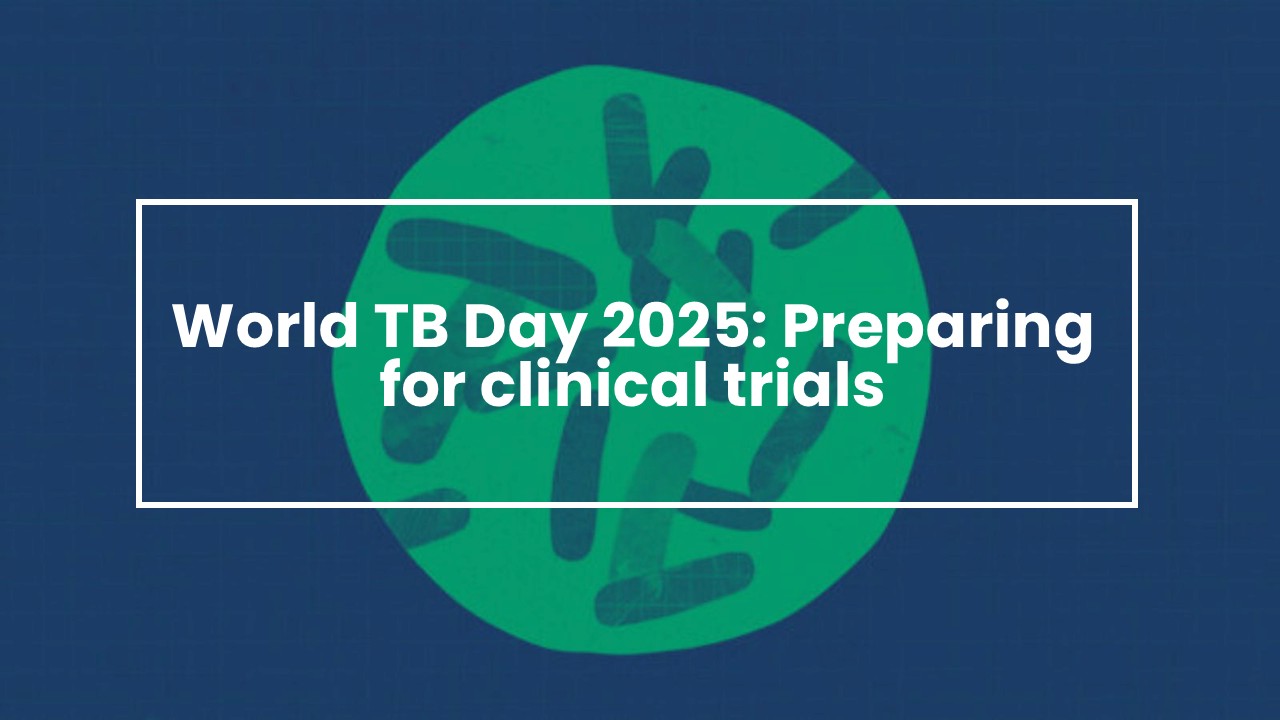Blog
The latest updates from the CELT Global Health team.
.jpg)
18 December 2025
.jpg)
20 November 2025

15 September 2025

19 May 2025

25 April 2025

24 March 2025

14 March 2025

11 February 2025

28 September 2024

22 August 2024

29 April 2024
The latest updates from the CELT Global Health team.